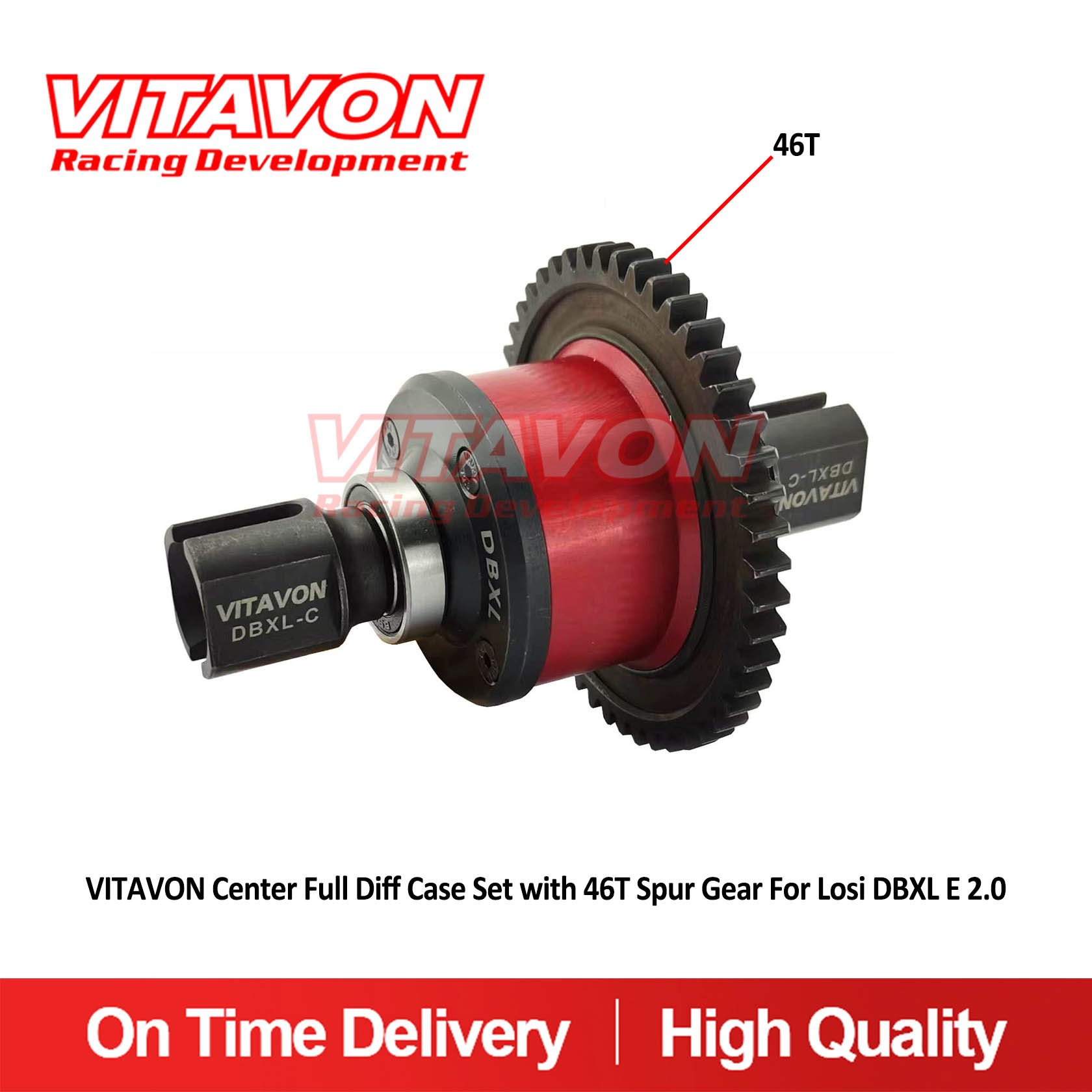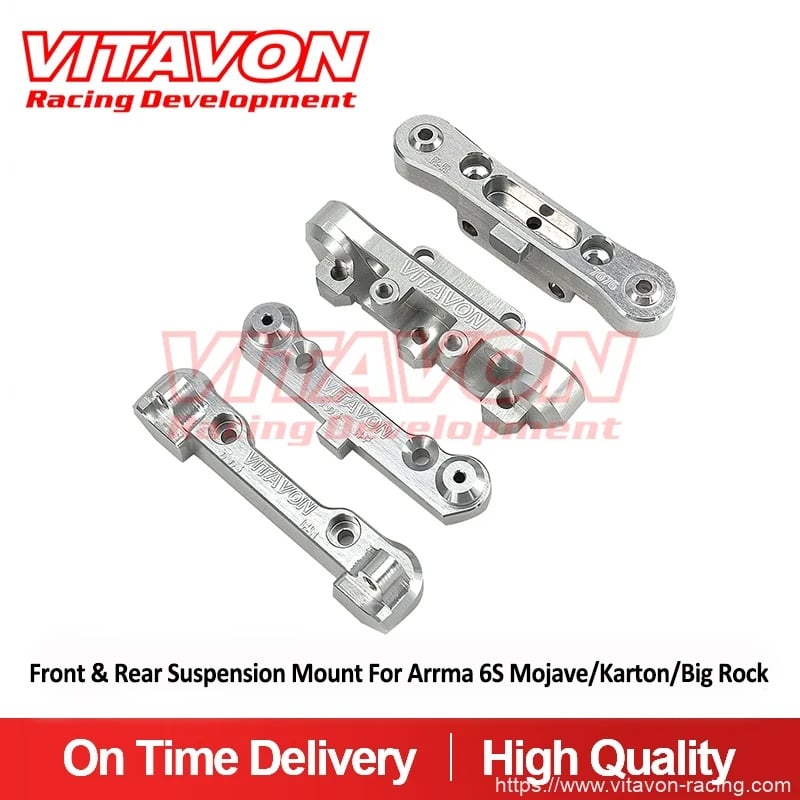7 Key Benefits of Using Brass Weights in Your Industry
Table of Contents
- The Durability and Longevity of Brass Weights in Industrial Applications
- Enhanced Accuracy and Precision: The Brass Weight Advantage
- Corrosion Resistance: Why Brass Weights Outperform Other Materials
- Cost-Effectiveness: Balancing Quality and Budget with Brass Weights
- Eco-Friendly Benefits of Using Brass Weights in Manufacturing
- Versatile Applications: How Brass Weights Fit Various Industries
- FAQS
- Conclusion
- Related Posts
 When you're into racing and sports gear, you quickly realize that every tiny detail really counts. The materials used can actually make a big difference in how well things perform. Take brass weights, for example — they’re kinda amazing because they’re super dense and sturdy, which helps with stability and getting things just right. I read somewhere, in the International Journal of Engineering and Advanced Technology, that using quality materials like brass can really boost measurement accuracy and cut down on wear and tear in mechanical parts. That means systems work about 20% more efficiently — pretty impressive, right?
When you're into racing and sports gear, you quickly realize that every tiny detail really counts. The materials used can actually make a big difference in how well things perform. Take brass weights, for example — they’re kinda amazing because they’re super dense and sturdy, which helps with stability and getting things just right. I read somewhere, in the International Journal of Engineering and Advanced Technology, that using quality materials like brass can really boost measurement accuracy and cut down on wear and tear in mechanical parts. That means systems work about 20% more efficiently — pretty impressive, right?
At Dongguan Vitavon Sports Goods Co., Ltd., we're big on using the best materials for our VITAVON Racing System. We mix brass weights into our custom modular setups, together with aerospace-grade aluminum and tough HS steel, to make sure everything we put out meets top-tier OEM standards. Honestly, paying attention to these details helps us stay ahead in the game, delivering performance that’s hard to beat, while keeping us competitive in the market.
The Durability and Longevity of Brass Weights in Industrial Applications
You know, brass weights have really earned their spot in industrial use thanks to how durable and long-lasting they are. Unlike other materials that might start to fall apart pretty quickly when things get tough, brass has this amazing resistance to corrosion, which means it stays solid and reliable, even in rough environments. That’s a big reason why many businesses prefer using brass weights—they help cut down on downtime and repair costs, so operations run smoother and more efficiently.

Over here at Dongguan Vitavon Sports Goods Co., Ltd., we get just how important it is to use top-quality materials in our products. That’s why we focus a lot on precision engineering with every piece we make. We're committed to meeting OEM standards, which means we don’t just stick with aerospace-grade aluminum—we also recognize the benefits of durable stuff like brass for specific parts. By designing our racing systems with a modular approach, we make sure each component, including any brass weights, helps boost performance and last longer. It really comes down to blending smart, innovative design with solid, reliable materials—it's what allows us to deliver gear that holds up in tough, competitive environments for the long haul.
Enhanced Accuracy and Precision: The Brass Weight Advantage
Brass weights really have a cool edge in a bunch of industries, especially when it comes to getting things spot-on with accuracy and precision. I mean, the density and stability of brass make it perfect for weights—things just stay consistent, and that’s a huge plus when you're dealing with measurements that need to be exact. This is super useful in fields like manufacturing, aerospace, and even sporting goods, where every little detail counts. Plus, brass's durability means your measurements stay reliable over time, which is so important for quality control and developing new products.
Nowadays, with all these high-tech advancements — think lightweight polymer bullets or carbon-fiber barrels — choosing the right materials has never been more critical. Companies like Dongguan Vitavon Sports Goods Co., Ltd. totally get this. They’re all about innovation but still keeping those high standards for precision. By using advanced manufacturing techniques and modular designs, they can efficiently incorporate brass weights into their products. This doesn’t just boost accuracy but also lines up perfectly with the trend towards lighter, high-performance gear for competitive sports or shooting. In the end, using brass weights can really give any industry a leg up when it comes to sharp, reliable engineering—that little extra touch that makes all the difference.
Corrosion Resistance: Why Brass Weights Outperform Other Materials
When it comes to precision in different industrial settings, corrosion resistance really plays a huge role in how well things perform and how long they last. Brass weights, made from a mix of copper and zinc, have become a go-to choice for industries that need materials they can count on—something tough and reliable. According to a report from the International Brass Industry Organization, brass tends to resist corrosion better than steel and other metals—especially when it’s out in moist environments or exposed to various chemicals. That means brass weights keep their shape and accuracy over time, which helps cut down on maintenance costs and reduces downtime.
And if you think about marine or chemical processing industries, brass’s corrosion resistance is even more impressive. A study by the Materials Performance Research Institute showed that brass can handle corrosion rates of less than 0.1 mm per year in salty, seawater-like conditions. That kind of durability doesn’t just extend the life of the weights; it also makes processes safer and more efficient. Basically, by choosing brass weights, industries can dodge the hassle of frequent replacements and lower the risk of failures—ultimately saving money and running stuff more smoothly.
Cost-Effectiveness: Balancing Quality and Budget with Brass Weights
When you're looking at different materials for weights across various industries, brass really shines in terms of cost-effectiveness. Not only is it super durable, but it also hits that sweet spot between quality and affordability. And here's the thing — even though you might spend a little less upfront compared to some other options, brass weights can actually save you money in the long run. They last longer and don’t need to be replaced or fixed as often, which is a pretty big plus.
A quick tip: When you're choosing brass weights for your setup, think about what your processes actually need. Pay attention to how precise the weight needs to be, and make sure the brass weights you pick can meet those standards without sacrificing quality. Also, don’t just look at the initial price — consider the total cost over time, including maintenance and how long they’ll last.
Plus, brass weights come in all sorts of sizes and configurations, which makes them pretty versatile for many different uses. So, companies don’t have to spend a ton on super specialized products — they can find something that fits their needs without breaking the bank.
Another tip: Always buy from trusted suppliers who offer good quality brass weights. Skimping on quality might save some money today, but it can lead to headaches down the road if products fail or don’t perform reliably. Investing in good-quality brass weights really pays off — it keeps your budget intact and makes your operations run smoother overall.
7 Key Benefits of Using Brass Weights in Your Industry
This chart illustrates the cost-effectiveness of using brass weights compared to other materials in various industries. The data reflects the average performance ratings and cost-effectiveness ratings based on industry feedback.
Eco-Friendly Benefits of Using Brass Weights in Manufacturing
Lately, brass weights have been getting more attention across different industries, mainly because they’re pretty eco-friendly when it comes to manufacturing. One of the biggest reasons folks are switching over is because brass is super easy to recycle. According to a report from the International Copper Association, brass— which is just a mix of copper and zinc—can be recycled forever without losing any quality. That’s a huge plus, supporting a circular economy and helping cut down on waste. Plus, recycling brass uses way less energy than making new weights from scratch, which helps manufacturers keep their carbon footprints in check.

And here’s another neat thing: brass has natural antimicrobial properties. That means it can actually kill or lower the amount of bacteria on its surface. A study in the Journal of Environmental Health pointed this out, showing that brass can really cut down on bacteria, making it perfect for industries where cleanliness really matters—like food processing or pharma. When manufacturers choose brass weights, they’re not just making a greener choice, but also helping create a safer, cleaner environment during production. These two perks really line up with what more and more consumers are looking for these days—products and practices that are good for the planet. So, it’s easy to see why brass is becoming a go-to choice in today’s market.
Versatile Applications: How Brass Weights Fit Various Industries
Brass weights have really become a key player across all sorts of industries lately. You know, they’re super versatile and reliable. Whether it’s in precision manufacturing or just keeping tabs on quality in labs, brass weights tend to deliver consistent performance and accuracy. What’s pretty cool is that brass’s density and durability make it perfect for calibration standards — which, by the way, are totally crucial in fields like aerospace and automotive. I read somewhere that using top-notch calibration weights can boost measurement accuracy by as much as 20%, which honestly can make a big difference in the quality and compliance of products.
In engineering and construction, brass weights are also pretty important for making sure everything’s safe and precise. They’re often used in testing equipment and machinery where getting the measurements just right really matters. The market for these precision weights is growing at around 4.5% each year, so people are definitely catching on to how useful these tools are in all kinds of applications. And on top of that, since industries are trying to go greener, brass’s recyclability really stands out. It’s more eco-friendly compared to other materials, which lines up well with the push for more sustainable practices across the board.
FAQS
: Brass weights are recognized for their exceptional durability and longevity, corrosion resistance, and ability to maintain integrity in harsh environments, which minimizes downtime and repair costs.
The company prioritizes precision engineering and adheres to OEM quality standards, incorporating high-quality materials, such as aerospace-grade aluminum and brass, and employing a modular design approach for improved performance and longevity.
Brass weights are recyclable indefinitely without loss of quality, which supports a circular economy and reduces waste. Additionally, the recycling process consumes less energy compared to creating new weights from raw materials.
Brass's antimicrobial properties can reduce bacteria on its surface, enhancing hygiene in manufacturing environments, which is particularly beneficial for industries like food processing and pharmaceuticals.
Brass weights are utilized across various industries including precision manufacturing, laboratories for quality control, aerospace, automotive, engineering, and construction.
High-quality brass calibration weights can improve measurement accuracy by up to 20%, which positively impacts product quality and compliance in industrial settings.
The global market for precision weights is projected to grow by 4.5% annually, indicating increased recognition and demand in various industries.
Brass's recyclability and the lower energy requirement for recycling processes make it an eco-friendly alternative that aligns with the growing emphasis on sustainable manufacturing practices.
Conclusion
You know, brass weights are really gaining popularity across all sorts of industries these days. Why? Well, they’re super durable and last ages, which makes them perfect for heavy-duty, industrial stuff. Plus, they’re way more accurate and precise than weights made from other materials — so you can trust them to get the job done right. They also resist corrosion, so they keep working reliably over time without needing a ton of maintenance, making them a smart choice that balances quality with cost. And on top of that, they’re environmentally friendly, fitting right in with modern, sustainable manufacturing trends. Their versatility is another huge plus — you can tweak or adapt them for different uses, which is why they’re pretty much essential in lots of different fields.
Here at Dongguan Vitavon Sports Goods Co., Ltd., we totally get how crucial high-quality components are for top-notch performance. That’s why we’re all about precision machining, following strict OEM standards, and designing our products in a modular way. Incorporating these strong, reliable brass weights into our racing systems really helps boost overall performance and gives our customers that extra bit of confidence in what they’re getting.
Related Posts
-

10 Essential Tips for Upgrading Your Axial Wraith: Enhance Performance Today!
-

Quality Global Impact of Best Brushless Servo Made in China
-

Ultimate Solutions for Enhancing Performance with the Best Axial Scx10ii
-

Exemplifying Excellence in Chinese Manufacturing with Leading Edge Best Analog Servo Solutions
-

Exploring the Unique Advantages and Applications of the Best Continuous Servo Technology in Modern Manufacturing
-

Unlocking Excellence: Best Continuous Servo Technology & Industry Standards for Global Procurement Success
Blog Tags:




